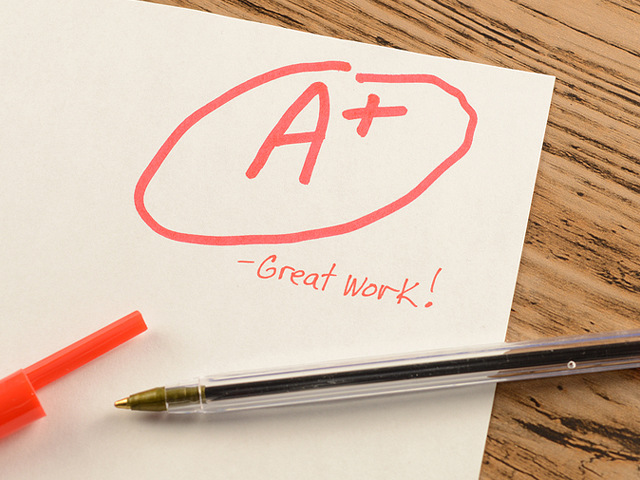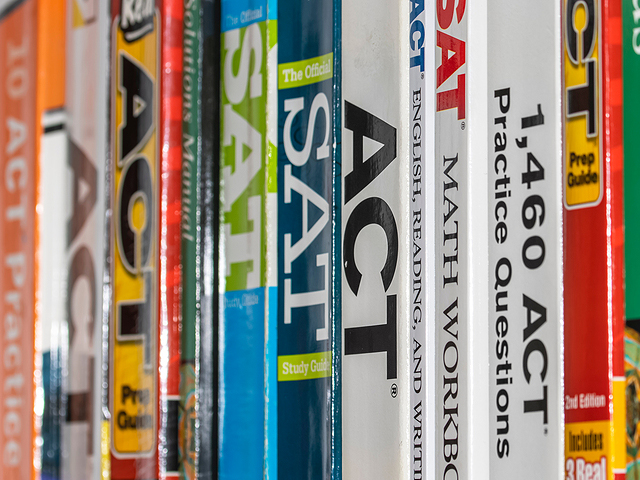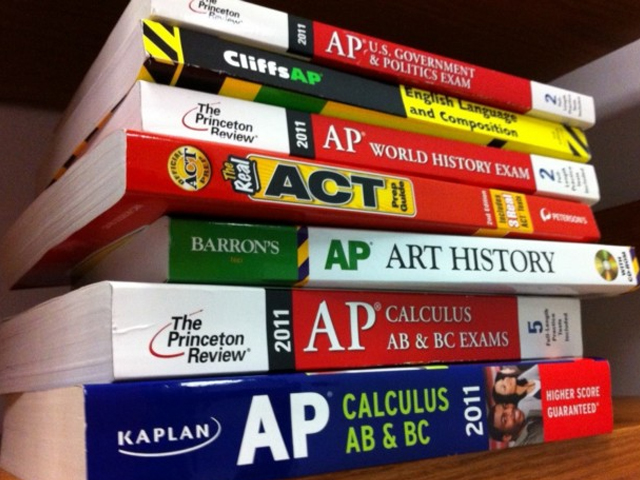
There is a lot going on when you are attending college and it can be easy to become overwhelmed. Trying to balance your grades, multiple relationships, working a part-time job, and dealing with phone calls, text messages, emails and push notifications.
With so much going on, it can be very difficult to stay focused, but it's not impossible.
All these distractions can make it hard to stay focused; however, it is not that hard if you rely on the following seven tips to grow your productivity:
- Create to-do lists and a schedule to organize your time.
- Eliminate extra noise by relying on headphones and music.
- Only have a few internet tabs open at once and silence alerts.
- Determine what your most productive studying atmosphere is.
- Organize your room and your workspace and keep things tidy.
- Have a reward system for your accomplishments.
- Break down large projects into smaller goals.
Turn Alerts Off
If you are constantly receiving text messages and notifications, you can easily become distracted and annoyed. Simply use the "Do Not Disturb," mode or silent mode on your phone. Keep unnecessary tabs closed on your computer. If you are using the Internet, keep a single tab open. You can hide or block online distractions and spend less time on apps and websites that waste time.
Creating Your To-Do List & Schedule
It can be tricky to balance all of your deadlines when you have numerous projects on the go. It can be easy to forget about an upcoming assignment when you are working on something else. Create a personal schedule to help you manage your time and your deadlines. Determine when you are the most productive; is it first thing in the morning or early afternoon or late at night? Pick your time wisely to complete activities and homework.
You can rely on a digital calendar or a planner to help you write down all your assignments and classwork. If you enjoy writing to-do lists, a paper planner might be your preference if you wish to schedule appointments by hand. Studies show that writing things down can help you commit them to memory and boost your concentration. Alternatively, you may like to use voice memos or set reminders on your cell phone calendar.
Break Down Larger Goals Into Smaller Tasks
People commonly procrastinate when large tasks seem overwhelming. It is much easier to get motivated if you break down larger goals into manageable tasks. This will help you tackle small items instead of trying to jump into an overwhelming project. The same can be said with your time management. If you are having trouble accomplishing tasks and finding time to study, start breaking up your time into smaller chunks to be more effective.
Consider taking a ten-minute break every forty-five minutes to an hour. Get up and stretch, get some fresh air, make a cup of tea, or have a snack. Sometimes simply doing some exercises like squats, lunges and wall push-ups can help you feel more productive and refreshed. These are great ways to help you increase your productivity and retain information.
Keep a Tidy Workspace
If you are surrounded by clutter with stacks of books and papers and miscellaneous items, it can be extremely distracting. Is your computer covered with sticky notes? Are there pencils and pens and protractors and calculators in plain sight?
These seemingly useful tools can be contributing to a messy atmosphere that is preventing you from completing your work. Make time to clear everything off your desk and clean out your desk drawers. Wipe everything down and only replace the essentials. Your unorganized space can be contributing to your anxiety and your procrastination. Start fresh and watch your motivation blossom.
Where is Your Perfect Workspace?
Define your ideal work area and time of day for optimum productivity. Do you like some background noises from the TV or the radio? Or do you have to have complete silence to do your best work? Try working at your campus coffee shop one day and then try spending some time finishing work at the quiet library to see where you thrive.
What kind of lighting do you have? Are you sitting by a window with natural light, or do you find that the overhead lights give you headaches? Once you determine your best-case scenario, you will be able to maximize your study sessions.
Love Your Headphones
Are you surrounded by a noisy environment? Consider relying on noise-canceling headphones to get your work done. Using earbuds can also help you tune out people talking or nearby construction work or traffic sounds. Note that listening to your favorite songs can prove to be distracting if it makes you want to sing along. Try listening to instrumental or classical music to help you concentrate.
Reward Your Hard Work
What kind of reward system will motivate and encourage you? Do you like to take a nap or enjoy a meal with friends? Maybe you have been saving up for a relaxing massage or a weekend getaway. Make a list of large and small rewards to keep on track with your goals. Perhaps, a hot bath and movie night is just what you need. Maybe, a new laptop or cell phone case is a useful reward. Keep track of your assignments, your grades and your goals and treat yourself when the time is right.
Finding Your Groove
Once you know what makes you tick and be productive, you will have a better chance to set yourself up for success. Get into your routine. Have some water or tea, high protein snacks like trail mix or cheese sticks, or some carbohydrates ready to go. Set a timer if you find yourself getting side-tracked. For example, if you must read a few chapters, set a timer to remind you when you need to take a break or move on to answering questions.
It can be easy to space out if you are feeling overwhelmed, preoccupied, stressed, or simply tired. Every scenario is different. Determine what works best for you and go for it!











